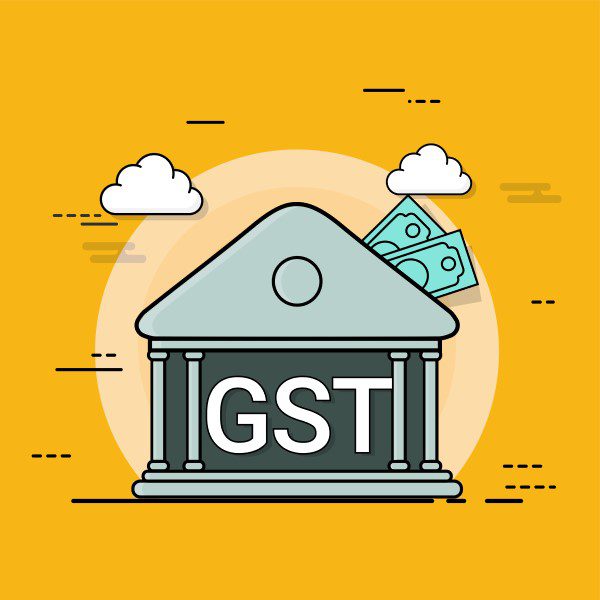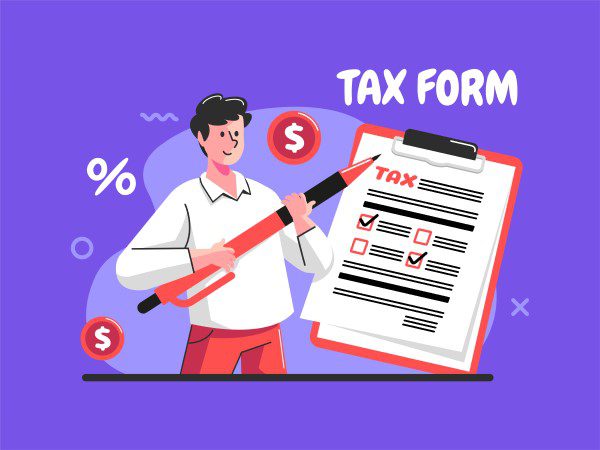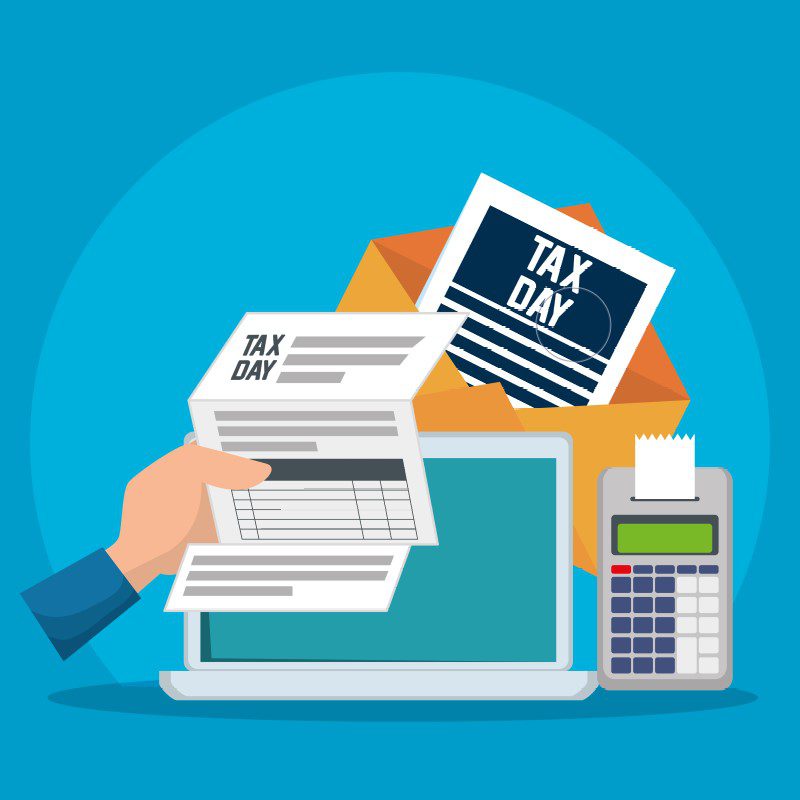Everything You Need to Know About Tax in Singapore
As in so many other countries around the world, the policies and regulations surrounding tax in Singapore can often be confusing when you do not know where to start. With so many different policies, structures, and goals, it may seem overwhelming to start learning more about this intricate topic.
This article serves as a clear, straightforward, and simple guide to answering some common questions regarding tax in Singapore and what it is used for.
However, if you cannot seem to find your question regarding tax in Singapore below, feel free to reach out to our dedicated team of taxation experts so that we can guide you through the country’s financial landscape.
Why Do People Pay Tax in Singapore?
Taxes in Singapore are generally used to improve the country. These funds are used to develop and maintain various infrastructures, strengthen the communities that call the country home, and contribute to the country’s economy
Social Development is one of the largest sectors of government expenditure (which is funded by taxes). After this, the Security and External Relations sector is the second largest, while other sectors tend to only make up around 4 to 7% of the country’s taxes.
What Is The IRAS, and What Does This Organisation Do?
The IRAS (Inland Revenue Authority of Singapore) is the organisation that’s tasked with the mammoth duty of collecting the various types of tax in Singapore. This organisation is also considered an agent of the government in the sense that it is also responsible for administering, collecting, and monitoring the taxes being paid.
Based on the information collected throughout any given financial year, the IRAS can also provide the Singapore government with valuable insight and guidance regarding different taxation topics
and issues that have arisen in the country.
What Kind Of Tax Is Paid In Singapore?
Before we list the various tax types of Singapore, it’s important to understand how they fit into the Government Operating System. This system consists of three main sources which include various fees, charges, and tax revenue. This tax revenue accounting for a large majority of the government’s operating revenue and can be categorised into:
✔ Goods and Services Tax
✔ Property Tax
✔ Income Tax
✔ Stamp Duty
✔ Betting Taxes
✔ Motor Vehicle Taxes
✔ Customs and Excise Duties
✔ Estate Duty
✔ Casino Tax

What Is The Difference Between Fiscal Policy and Tax Policy In
Singapore?
Fiscal policy can be defined as the government revenue collection and expenditure’s influence on the country’s economy to help strengthen it.
This policy is in place to help encourage and protect the constant and non-inflationary growth of Singapore’s economy. It also provides the Singaporean government with an insightful wealth of data that can help maintain the country’s budget over the course of any financial year.
One of the most important goals of fiscal policy is the improvement and delivery of public services like healthcare, education, and housing. By providing these goods and services to the communities
in the country, the fiscal policy serves to create a safer and more successful environment for the people who call it home.
Taxation is one of the two main pillars of fiscal policy. One of the main objectives of the Singapore tax policy is to raise revenue for governmental expenditure geared towards improving the country.
Another key goal is to promote certain social and economic goals within the nation and its community members.
By providing business owners and citizens with various tax rebates or financial incentives, the Singapore government can promote things like encouraging automation and mechanisation in businesses or encouraging young professionals to start families and have more children.
So, How Does The Singapore Tax System Work?
One of the key reasons why the policies and structures surrounding tax in Singapore work so well
is the fact that resilience is a main priority. By introducing the Goods and Services tax in 1994, the
Singapore government was able to improve the overall resilience of their tax system to protect their
revenue from being negatively affected by ever-changing economic conditions and obstacles. By
maintaining a strong and sustainable fiscal position, the Singapore government effectively reduces
the overall vulnerability – and therefore risk – of their overall revenue intake.

Why The Tax System in Singapore Stays Competitive
By keeping tax rates competitive for citizens and business owners, Singapore does its part to increase international attention from investors and aspiring entrepreneurs. In doing so, they strengthen the overall global position of Singapore as a point of financial and economic interest.
If you’d like to know more about how to navigate the world of tax in Singapore, feel free to reach out to our team today. If you have any questions like, “How does the Singapore tax system work”, we would be happy to answer you as soon as we can.










